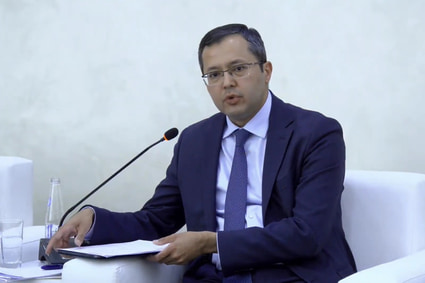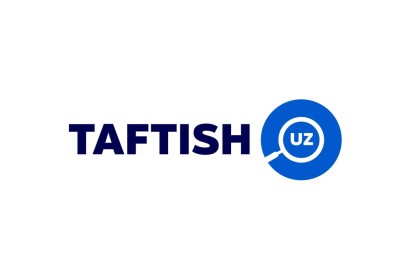The Central Bank plans to begin regulating the Buy Now, Pay Later market in Uzbekistan, announced the governor of the Central Bank Timur Ishmetov on May 2 at a conference of the International Monetary Fund.
According to him, the Central Bank regularly conducts stress testing with the technical support of international financial institutions to identify threats and vulnerabilities, including in new markets that are not yet regulated while creating risks.
“For example, one of such areas is the Buy вАЛвАЛNow, Pay Later system. Now it has grown to quite a bit, and recently in this very room we already held a meeting with market participants. We plan to introduce regulation of this segment so that the public’s debt burden is fully taken into account by banks, as well as to ensure proper protection of consumer rights,” he noted.
The popularity of POS financing and BNPL services is growing, but information about debt on these services is not taken into account by banks. This complicates the assessment of the real debt burden of borrowers and increases the risks of their over-indebtedness.
The volume of borrowings by consumers remains outside banking regulation, which is why banks do not have sufficient information about the real credit burden of the client when issuing him a consumer loan or microloan.
In January, the Central Bank reported that it was considering the possibility of regulating the Buy Now, Pay Later market.
A study by KPMG Caucasus and Central Asia in April 2024 said that the POS financing and Buy Now, Pay Later market in terms of turnover is estimated in the range of $ 450 million to $ 500 million in 2023. Two-thirds of the market were occupied by Uzum Nasiya and Alif Nasiya.
By 2027, the market is expected to grow to $1.5-2 billion.
KPMG notes that POS financing involves a markup on goods paid by buyers, which varies from 0% to 68% for installments of 3-12 months. Some market participants provide "classic" BNPL without markups for installments of 3-4 months, where the commission is paid by sellers.
The regulator previously made amendments tightening the requirements for microloans from July 24. The share in banks' portfolios should not exceed 25%. Also, a microloan borrower cannot pay more than 50% on top of the borrowed amount within one year, taking into account all interest, commissions, fines, penalties and other payments.














